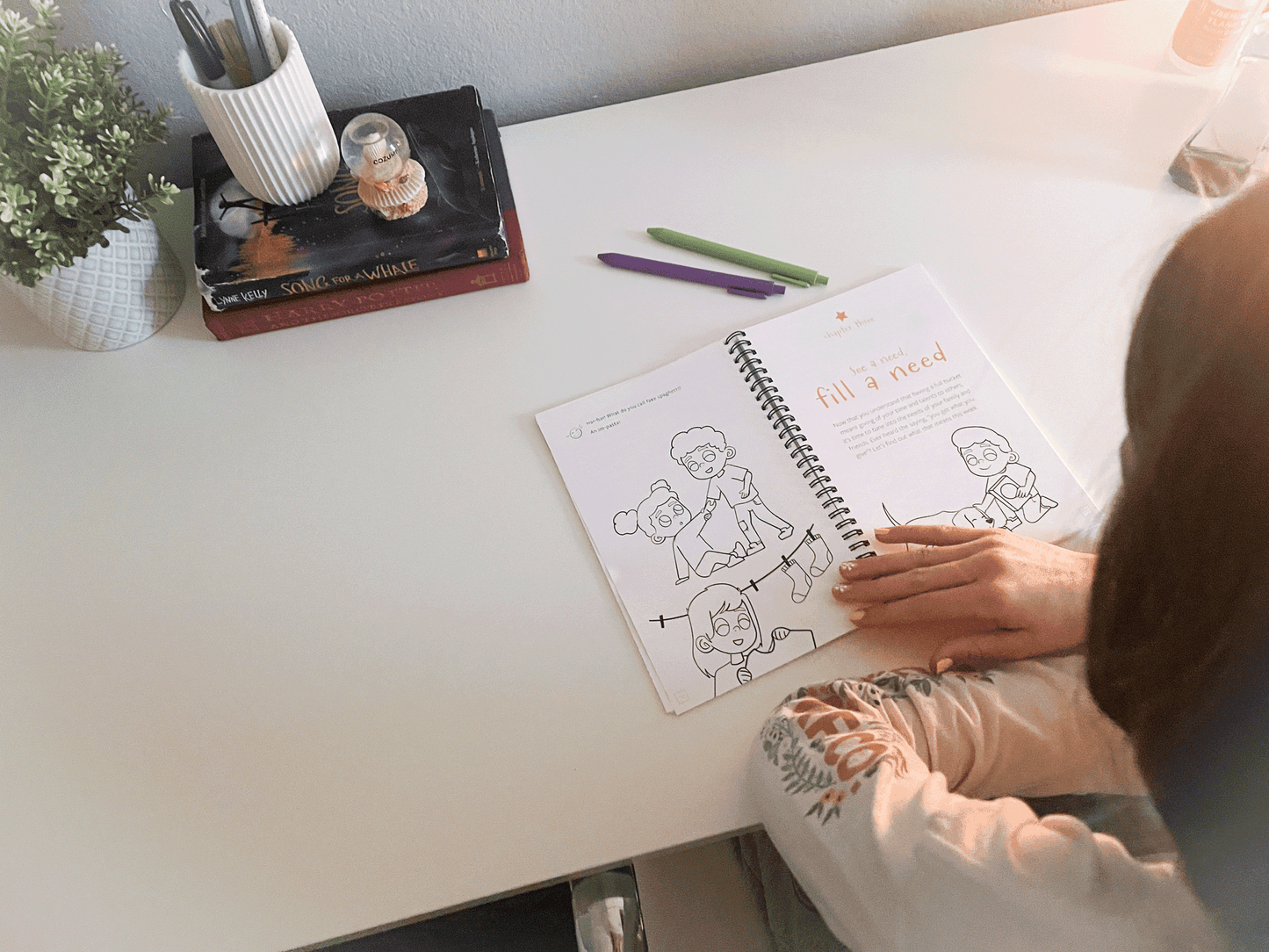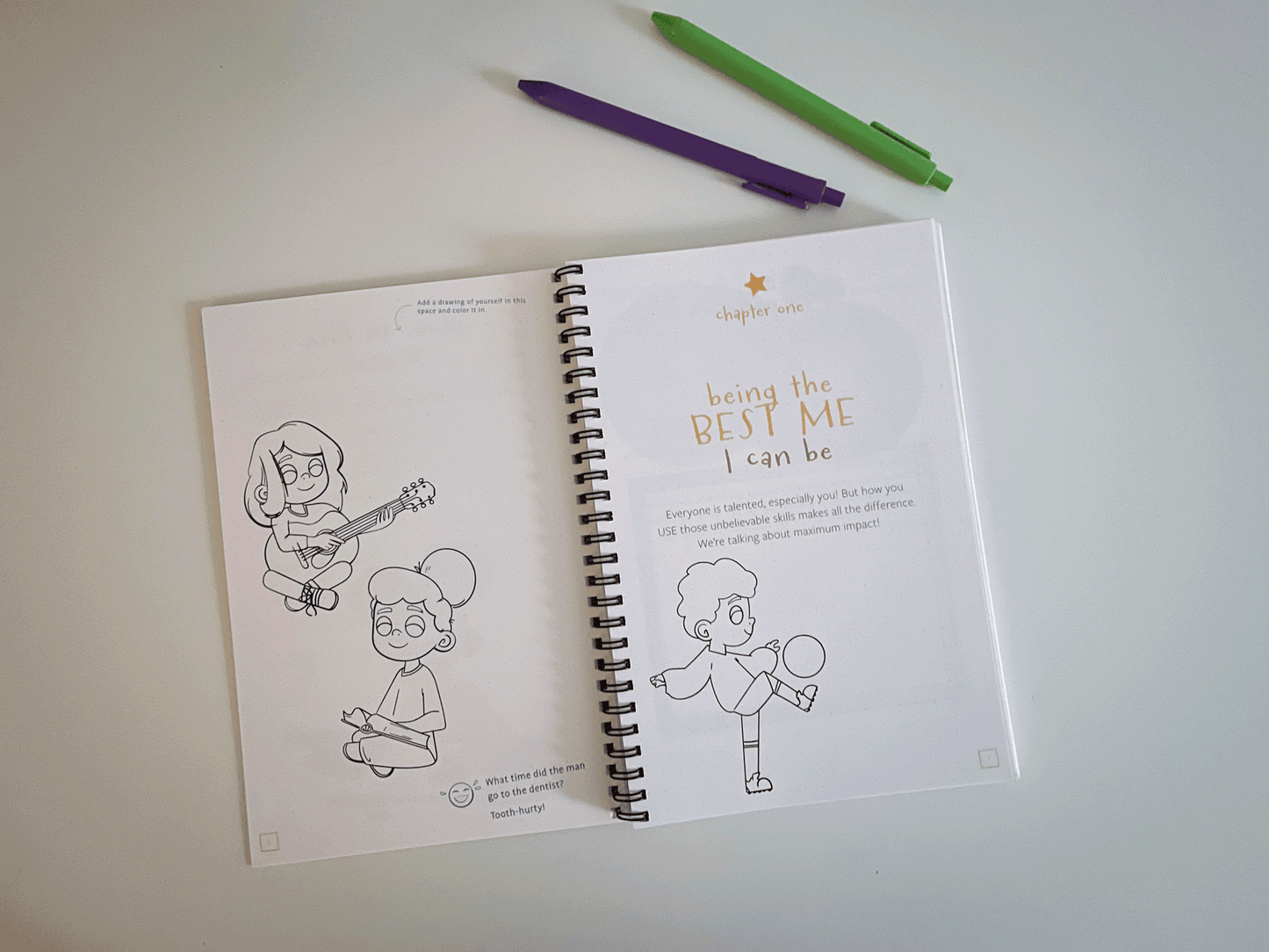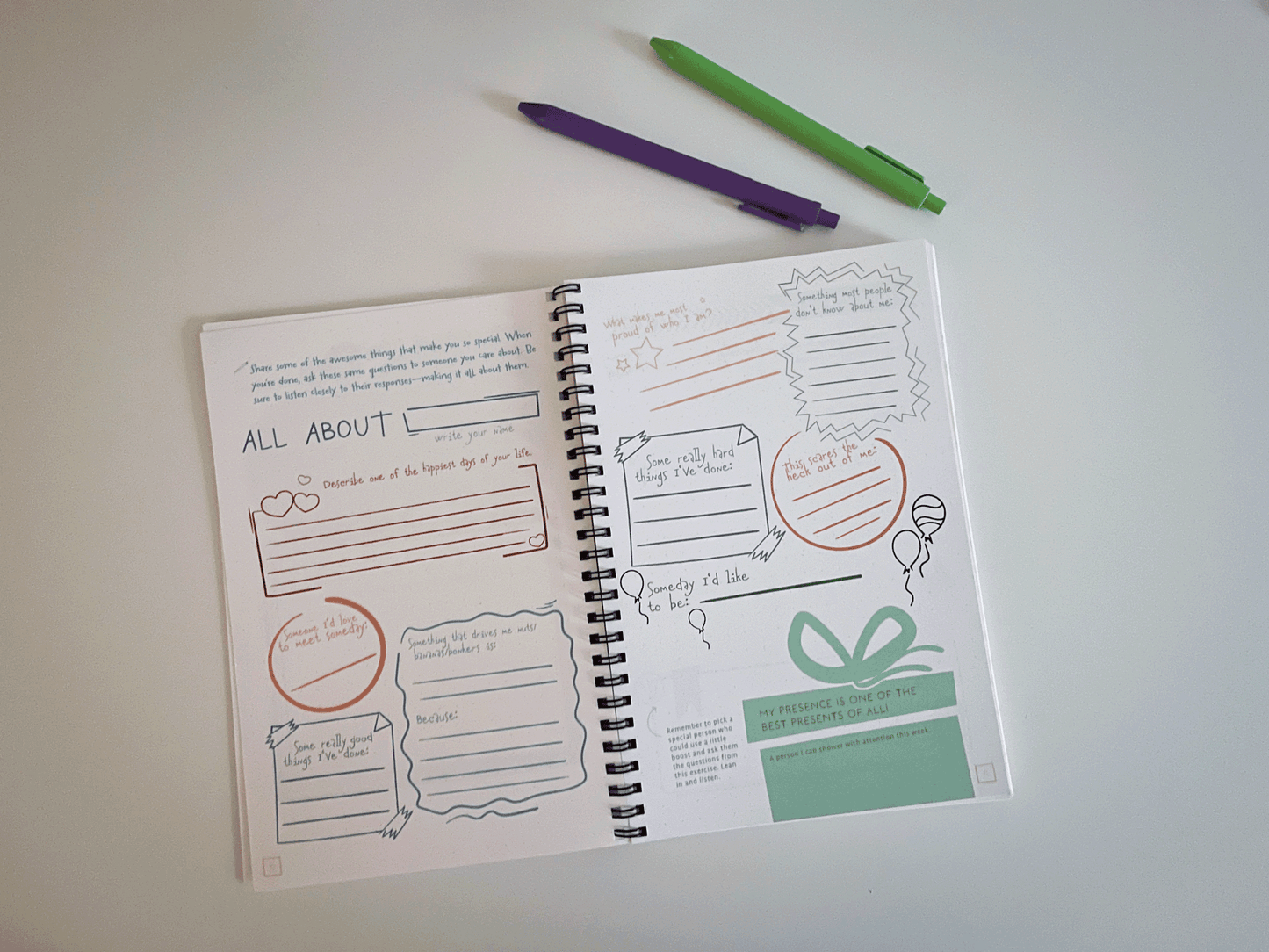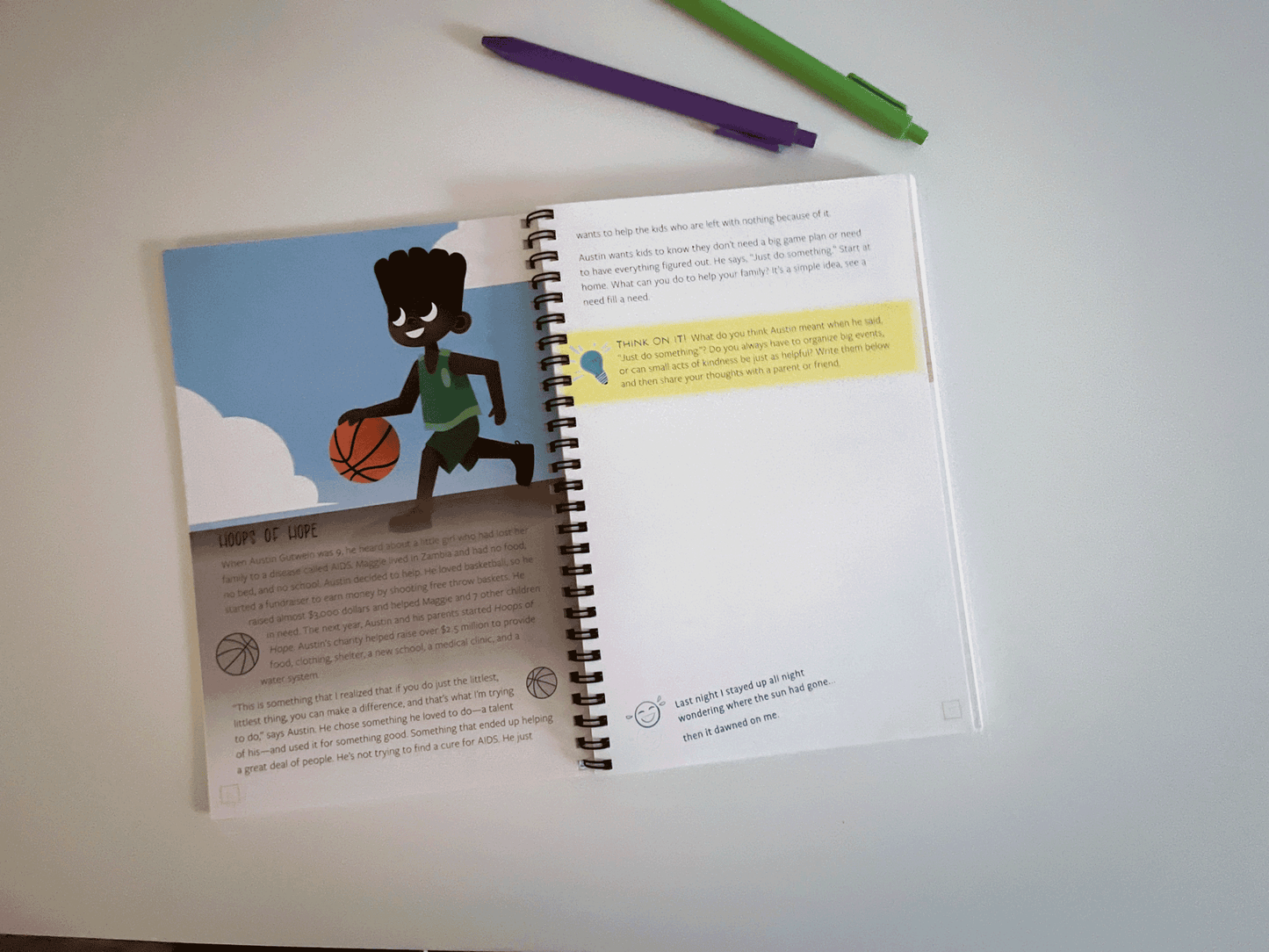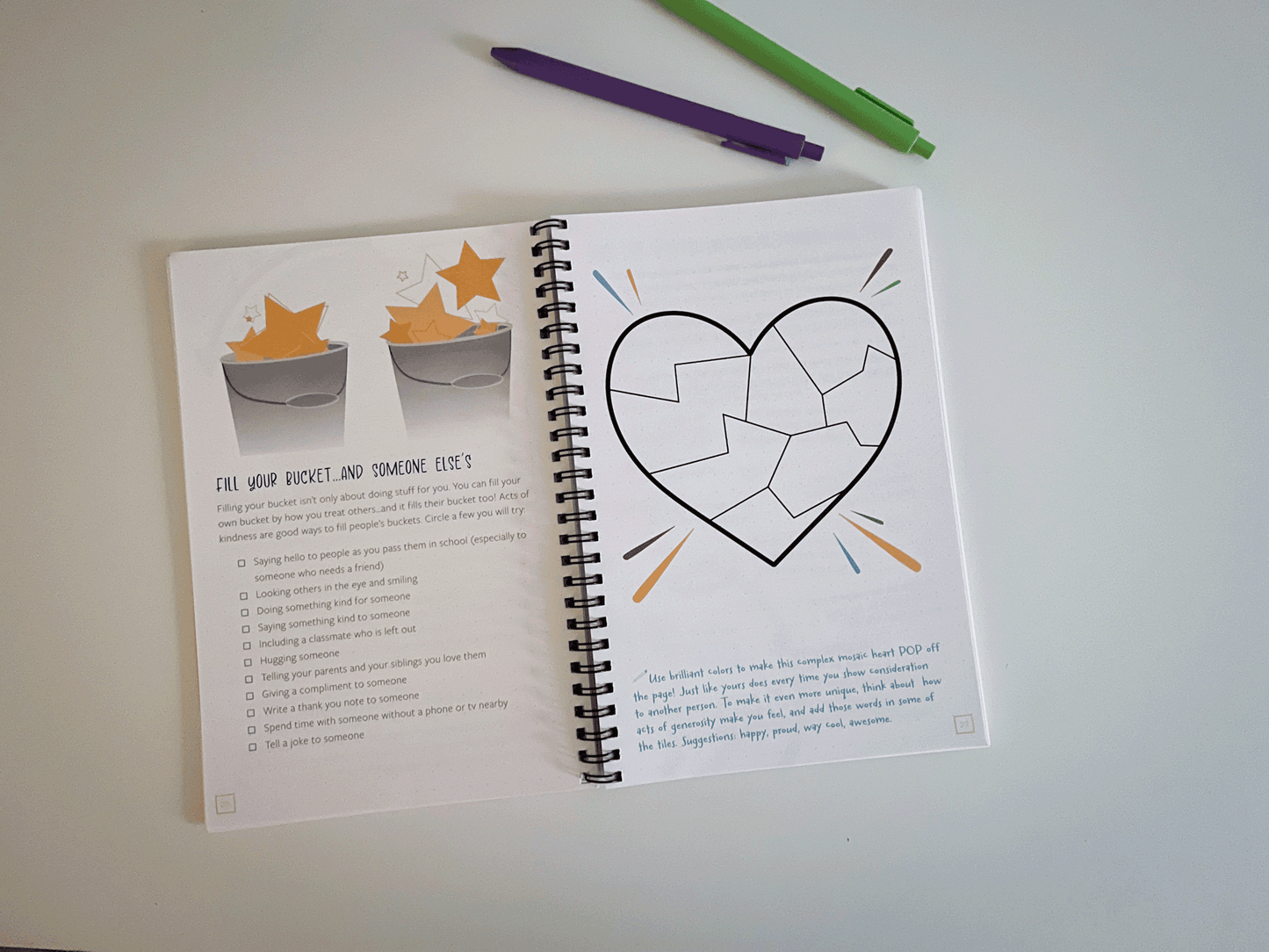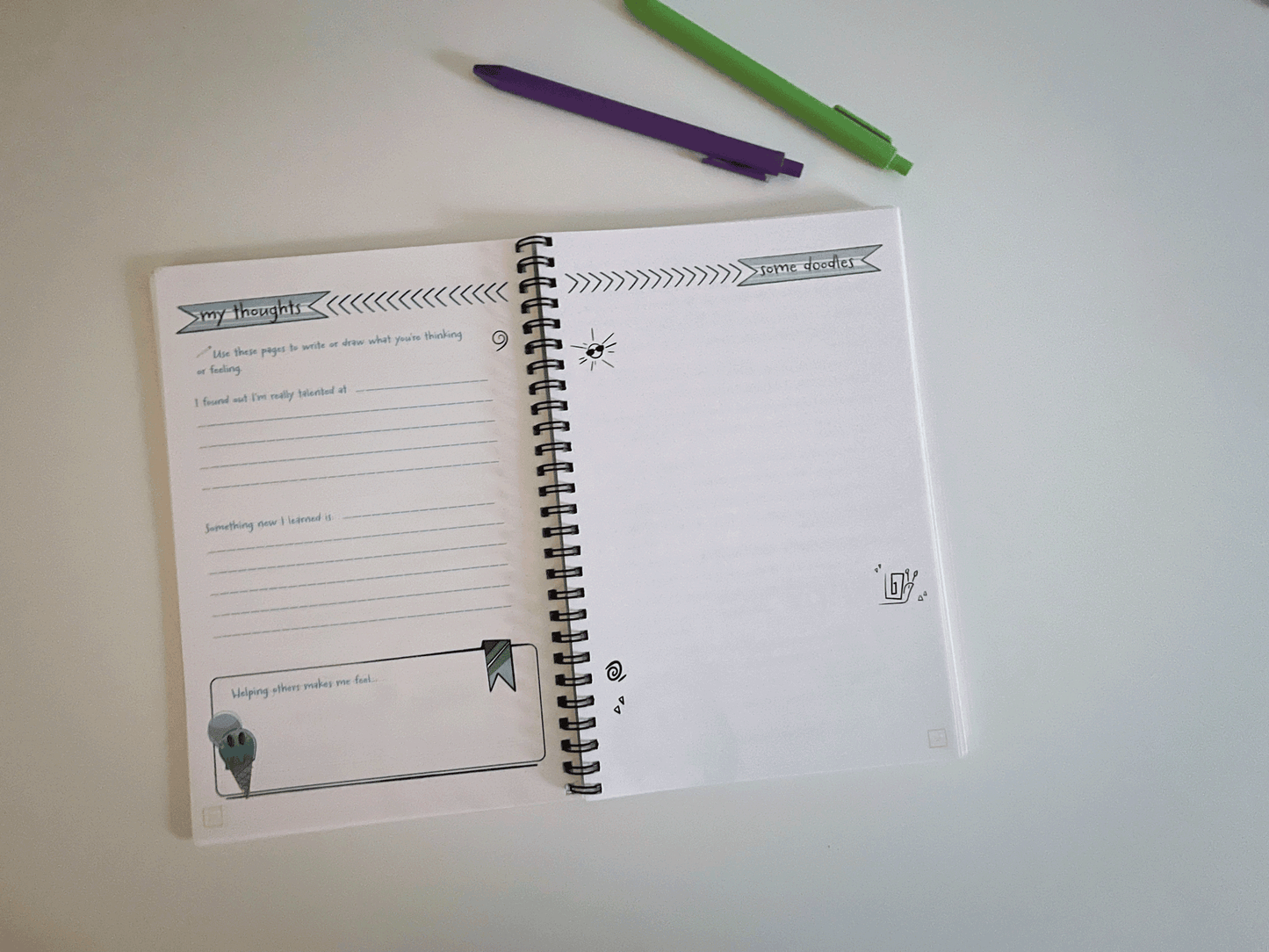A Cultural Perspective of Justice
Aly McCarthy
“That’s not fair!”
The passionate words of a three-year-old filled the room. His toy train was stolen from him while he wasn’t looking and he’s overwhelmed with a cry for justice. There’s a moment of silence while the child decides whether he should aggressively grab the toy back or begin to cry. Thankfully mom’s calm voice of reason chimes in before he can make up his mind.
“Oh, honey, I saw that. You know, you had stopped playing with it, so let’s give one of the other kids a chance. You can play with it again later.”
A NATURAL PHENOMENON
Justice is so deeply rooted within us as human beings. We don’t have to teach our children what justice means for them to know something feels unfair. It’s almost like we are born with an innate desire for fair treatment that penetrates to the core of who we are.
But why does this come so natural to us? When we look at nature, in all its beauty, we rarely find this sense of justice. Mother nature offers so much wisdom and knowledge. We free our minds in hikes through the forest or sitting by the creek on a warm day. But nature is also a powerful force. Hurricanes, earthquakes, draughts, tsunamis, extreme temperatures – nature doesn’t wait to make sure that everyone is taken care of or that it’s fair.
I love the depiction of movies like Zootopia where the animals learn to protect the more marginalized creatures with a sense of justice. In reality, animals and predators are just trying to survive.
Yet as humans, this seemingly unnatural phenomenon comes natural to us.
JUSTICE AND CONFLICT
It’s this human sense of justice that protects so many people around the world. Particularly, in the United States we are blessed with a court system, freedom, and constitutional rights. For the most part, we can feel safe in our country because of the robust justice system available to us.
One thing we may take for granted, however, is how we apply differing views about justice. It may seem ironic that it’s often our views on justice that create the largest barriers between people.
Think of the many hot issues in our culture today – the distribution of wealth, politics, inaccurate reporting, or unfortunate acts of violence. In most situations, everyone agrees that an injustice is occurring, but deciding how to deal with it often creates a greater conflict that may even supersede the justice we strove for in the first place!
This problem is easily depicted in the government or the media, but can we also admit to seeing this a little closer to home? In our own families, our neighborhoods, at school, or even at church?
Is it possible that this virtue of nobility that strikes us at the very core of our identity can, at times, become our greatest vice?
THE APPLICATION OF JUSTICE
It’s important that we constantly learn to grow and mature in our sense of justice. Just like the child above, we were all born with an understanding of what is just. However, we are not naturally inclined to respond in a way that restores justice in our relationships. We must remember that true justice is never done without love. In fact, justice without love is not justice at all – it’s a vice.
Our video on justice talks about authoritarianism as an excess of justice. When we act as an authoritarian, we may be applying our views of justice but in a way that lacks love and compassion for the other person. This is actually a defensive response which indicates that we feel out of control. Combating injustice with authoritarianism will only lead to more injustice.
As we spend the next month growing in the virtue of justice, here are a few things to consider:
1. Identify ordinary moments of justice/injustice in your life.
It's easy to think of justice as a high-level concept that has little stake in our daily decisions. This could not be further from the truth. Justice is giving another person what they are due – since we are constantly around other people, justice is a very real part of every interaction!
2. Observe your own behavior.
When do you give others what they are due? When could you improve?
In my own life, the first thing that came to mind was that I’m terrible at responding to text messages in a timely manner, and I owe it to the people I love to be responsive. That’s a huge way I can improve on justice in my own life.
3. Remember that maintaining a sense of justice within the family offers stability and peace for children.
Think about ways to communicate the meaning of justice to your children that’s appropriate for their age. How can you reinforce that your kids treat others justly? How can you thrive at this as a family?
When we start looking, we will begin to see opportunities for justice in our daily lives. We can bring justice to our families by giving them the generous attention they deserve, by holding our kids to a higher standard, or by investigating when a fight breaks out. It’s good for us to be passionate upholders of justice, but let’s remember to balance compassion and mercy with the courage to do what is right.





